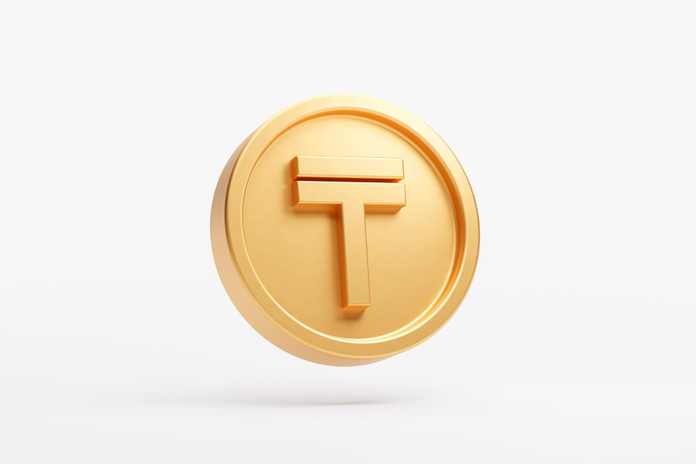Tether Invests $100 Million in US-Listed Bitcoin Miner Bitdeer
This post was originally published on this site

Stablecoin issuer Tether Holdings Ltd. has acquired a $100 million stake in Bitdeer Technologies Group (NASDAQ:BTDR), a US-listed Bitcoin miner owned by Chinese billionaire Jihan Wu, with an option to buy an additional $50 million in shares within a year.
The companies signed a subscription agreement for a private placement of 18.6 million Class A ordinary shares, raising $100 million in gross proceeds, according to Bitdeer’s statement on Friday. The agreement also includes a warrant to purchase up to five million more shares at $10 each. The private placement was completed on Thursday, with Cantor Fitzgerald & Co. serving as the placement agent.
This investment will support Bitdeer’s data center expansion, the development of ASIC-based crypto mining equipment, and other corporate purposes. The percentage of Bitdeer now owned by Tether was not disclosed. Tether did not immediately respond to requests for comment.
This acquisition marks a significant advancement in Tether’s strategy to become a prominent Bitcoin miner, following the initiation of its mining facilities in Uruguay, Paraguay, and El Salvador last year. Tether, which is incorporated in the British Virgin Islands and issues the widely-used cryptocurrency USDT, announced in November its plan to invest half a billion dollars in this effort within six months.
Bitdeer, one of the largest public crypto miners listed in the US with a market capitalization of around $670 million, is headquartered in Singapore and operates data centers in the US, Norway, and Bhutan. Bitdeer’s shares, which had dropped over 40% this year, rose approximately 6.5% to $6.20.
In March, Bloomberg News reported that Bitdeer was in discussions with private credit firms to secure about $100 million in financing. It is unclear if those talks are ongoing following Tether’s investment.
Bitcoin mining, which involves running energy-intensive computers to secure the blockchain and earn new tokens as rewards, became less profitable in April due to a programmed network upgrade known as “the halving,” which reduces rewards by half every four years.
Conversely, Bitcoin’s price reached a record high in March, partly driven by optimism around newly-launched spot Bitcoin exchange-traded funds in the US. On Friday, Bitcoin traded up around 0.7% at $68,800.
Featured Image: Freepik

















